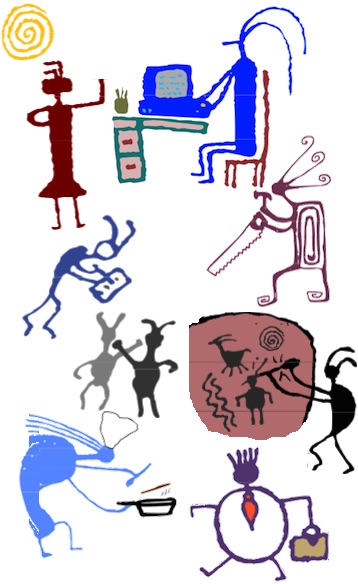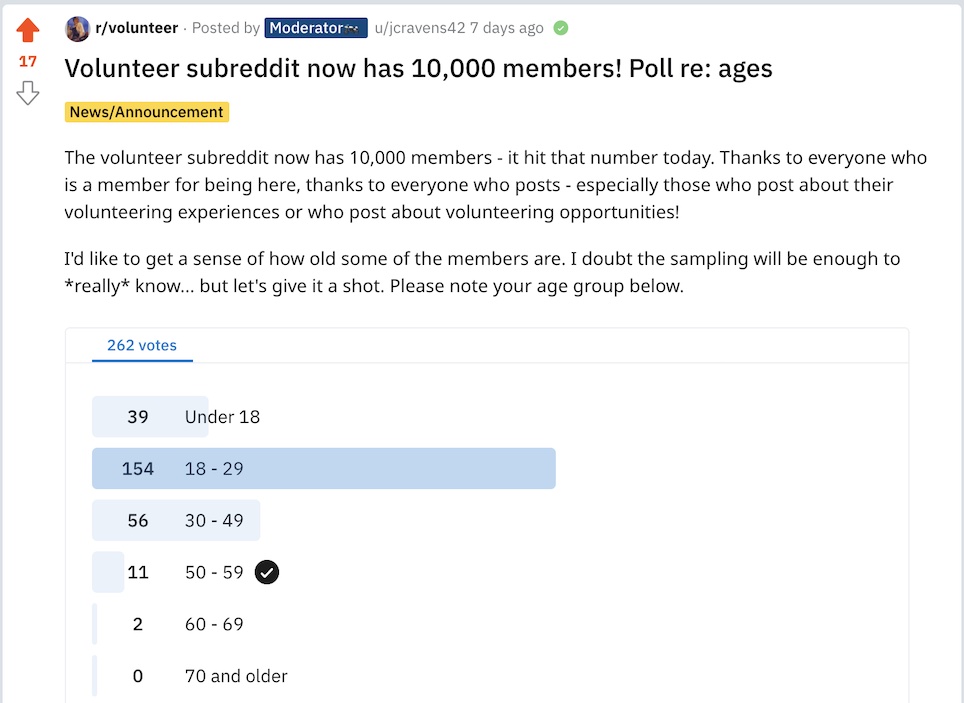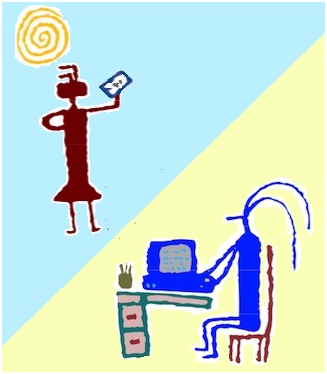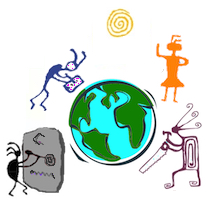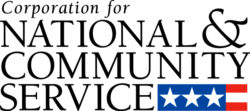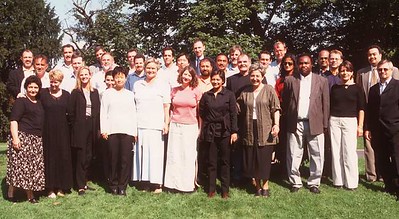I ask this on the volunteer subreddit and got just one response… maybe I will have better luck on my own blog.
In 2010, Robert Egger, the founder of the nonprofit DC Central Kitchen, proposed a national Volunteer Bill of Rights. In an interview, he said, “If a program can’t tell a volunteer what they accomplished, allow them to talk to any staff member, provide financial data or allow a volunteer to rate their experience or provide feedback—then volunteers should feel free to call them out.”
His Volunteer Bill of Rights, which he implemented at DC Central Kitchen, included the following:
- The right to work in a safe environment.
- The right to be treated with respect by all staff members.
- The right to be engaged in meaningful work and be actively included regardless of any physical limitation.
- The right to be told what impact your work has had on the community.
- The right to ask any staff member about the organization’s work.
- The right to provide feedback about your experience.
- The right to receive financial information or an annual report.
In 2019, the Association for Women in Communications created its own Volunteer Bill of Rights and Responsibilities. In their document, they said that it is a Volunteer’s Right to:
- To be assigned a task that is worthwhile and challenging.
- To receive the orientation, training and supervision needed to do the job.
- To feel that your efforts have real purpose and contribute to the organization’s mission.
- To receive useful feedback and evaluation on the volunteer work that you perform.
- To be treated with respect and as an equal partner within the agency.
- To be trusted with confidential information necessary to carry out your assignment.
- To be kept informed about relevant matters within the organization.
- To expect that your time will not be wasted because of poor planning or poor coordination by the organization.
- To ask any questions that will clarify a task or assignment.
- To give the organization input or advice on how to better accommodate the needs of present and future volunteers.
And they said it is a Volunteer’s Responsibility to
- Not to take on more responsibility than you can handle.
- Meet time commitments or to provide notice so alternative arrangements can be made.
- Perform the tasks assigned to you to the best of your ability.
- Provide input on ways your task might be better performed.
- Follow organization policies and procedures.
- Respect those confidences entrusted to you.
- Be open-minded and respectful towards opinions shared with you.
- Notify the organization in advance of absences or schedule changes that may affect them.
- Accept reasonable tasks without complaints.
- Communicate and work with others in the organization if the task calls for it.
I would add that I believe a volunteer has a right to:
- Ask for a description of a role or task in writing, detailing time commitments, responsibilities, impact of the service to the organization, etc.
- Ask why a role, or certain roles, are reserved by the organization for volunteers (as opposed to paying people for their time and expertise), and get an answer that is not “because we can’t afford to pay people.”
- Expect a role to be fun and/or personally fulfilling and/or professionally helpful.
- Complain and be treated with respect if complaining when an organization has not fulfilled its responsibilities to the volunteer, in terms of providing a safe environment, being treated with respect, addressing harmful and or toxic behavior, provided with appropriate preparation and support for a role or task, information-sharing by staff, what a role is versus how it was described initially to the volunteer, etc.
- Say no and withdraw from a role without penalties to future volunteering or program participation if a role the volunteer has successfully undertaken changes substantially later in terms of the amount of time required, the responsibilities, the training required, etc.
- Not face any financial burdens to volunteering in their own communities (where they live geographically) or online, in terms of having to pay a prohibitive fee to the organization in order to volunteer.
What would you add? Or reword? Or do you even think such a Bill of Rights is necessary? And when I say necessary, I mean that nonprofits sign on to it, post it, and voluntarily adhere to it (or try to) – not a legal document, just a promised MO. Please add your ideas in the comments section below.
And what might prevent you, as a volunteer-hosting organization, from implementing such a Bill of Rights for your volunteers? Please comment below!

If you have benefited from this blog or other parts of my web site and would like to support the time that went into researching information, developing material, preparing articles, updating pages, etc. (I receive no funding for this work), here is how you can help.

